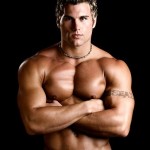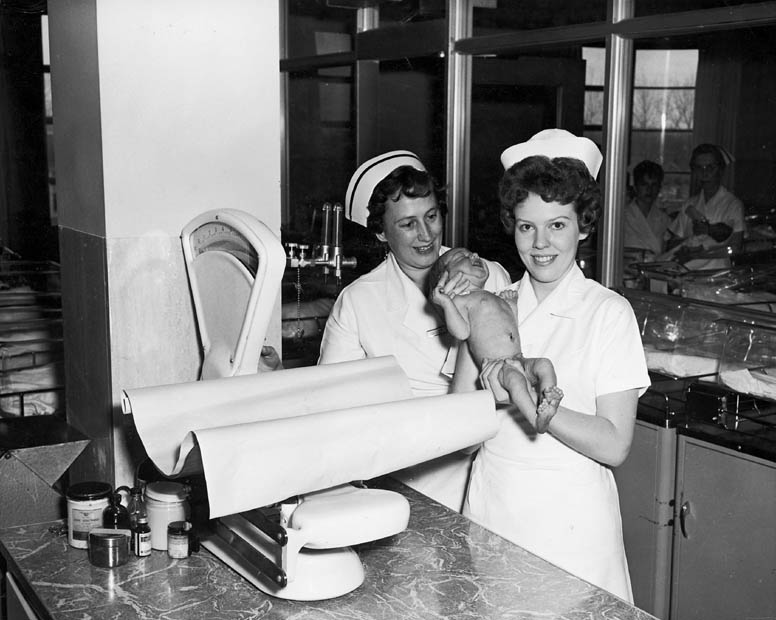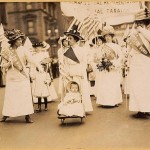 Nicole had some very interesting observations and thoughts in response to my earlier post on the Annie Lennox song, “It’s Your Duty to Be Beautiful” in our ongoing class discussion. This interesting and illuminating discussion about women and self-image includes what it is like for a woman to date both average looking and almost perfect looking men and how boyfriends’ attitudes and words can ruin a relationship when they let weight become an ultimatum. It concludes with some insights on parenting. Enjoy!
Nicole had some very interesting observations and thoughts in response to my earlier post on the Annie Lennox song, “It’s Your Duty to Be Beautiful” in our ongoing class discussion. This interesting and illuminating discussion about women and self-image includes what it is like for a woman to date both average looking and almost perfect looking men and how boyfriends’ attitudes and words can ruin a relationship when they let weight become an ultimatum. It concludes with some insights on parenting. Enjoy!
Written by Nicole Zolty on April 24, 2008 10:47 PM (CC-BY-SA Licensed):
I appreciate your post Will. I agree with you that inner beauty is always more than outward. With inner beauty often comes confidence which I find extremely attractive. Confidence in oneself exudes off of people and draws you to them.
Many people cannot see past appearances though which is so sad. I have been in relationships with people in “perfect” shape and also with the average person.
And one relationship was not better than the other because of how they looked, people are just people, the packaging just varies.
I am thin, and I have had two men that I have dated inform me that I needed to stay thin if they were going to stay with me. One even went as far as to give me a weight limit that I needed to stay in for him to stay with me. Needless to say they were gone quickly after that, but what amazed me is that some people are so hung up on thinness that they feel it is acceptable to make such stipulations on another. Not to mention I lost all respect for them. Woman whether heavy or thin want to be valued for WHO they are, not how they look.
Thanks for your thoughts.
I’m sorry if this sounds rude, but those two men are such losers! I’m happy that you had a strong enough self-image to see that and to leave the relationships rather than trying to meet an unrealistic mandate.
That was an interesting insight about the “perfect” people and the average person being no better or worse. It makes sense on an intellectual level, yet it is somehow reassuring to hear someone say that.
I am curious if you felt or were treated any differently when you were with “perfect” or “average” people. I can imagine several different scenarios. First, when you were with Mr. Perfect, you might have been looked down upon for not being so perfect (though it sounds like you might have just fit in fine). You might have felt a bit better about yourself in the company of a “perfect” man (“Look at who I scored, girls!”). You might have been treated better when with Mr. Average, because maybe you looked better than he did. Did you feel as respected by others when with Mr. Average compared to when you were with Mr. Perfect.
Basically I’m wondering if your partner’s looks had any spill-over, positive or negative, onto you.
Thank you for your comments.
—Will
Read More »It’s Your Duty to Be Beautiful: Beauty is as beauty does (Responses, Part 2)
Like this:
Like Loading...
Related Posts:






